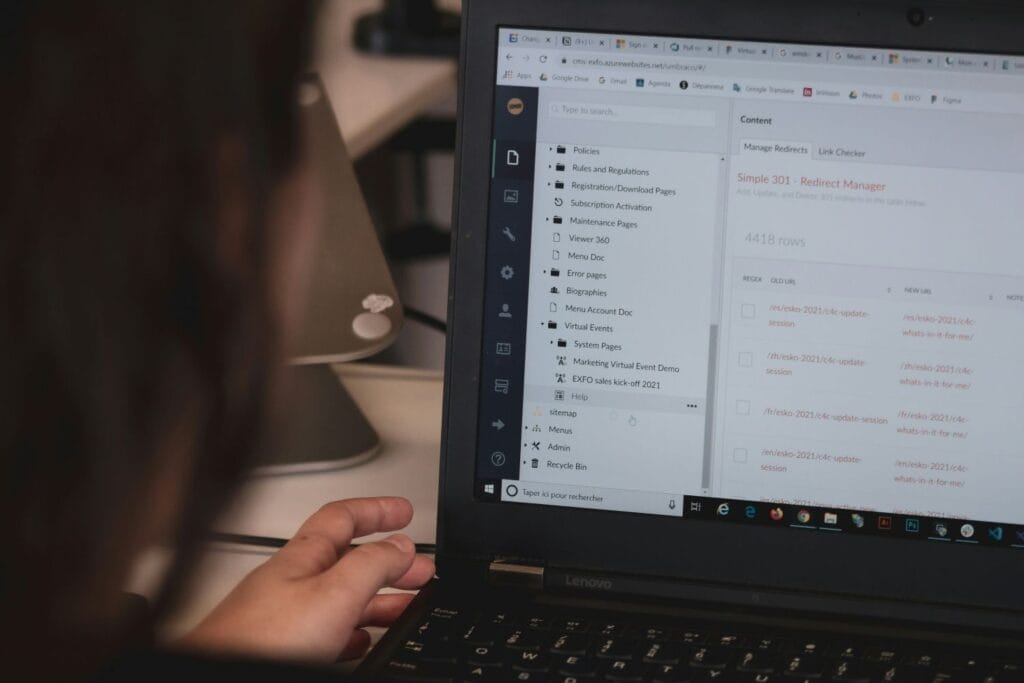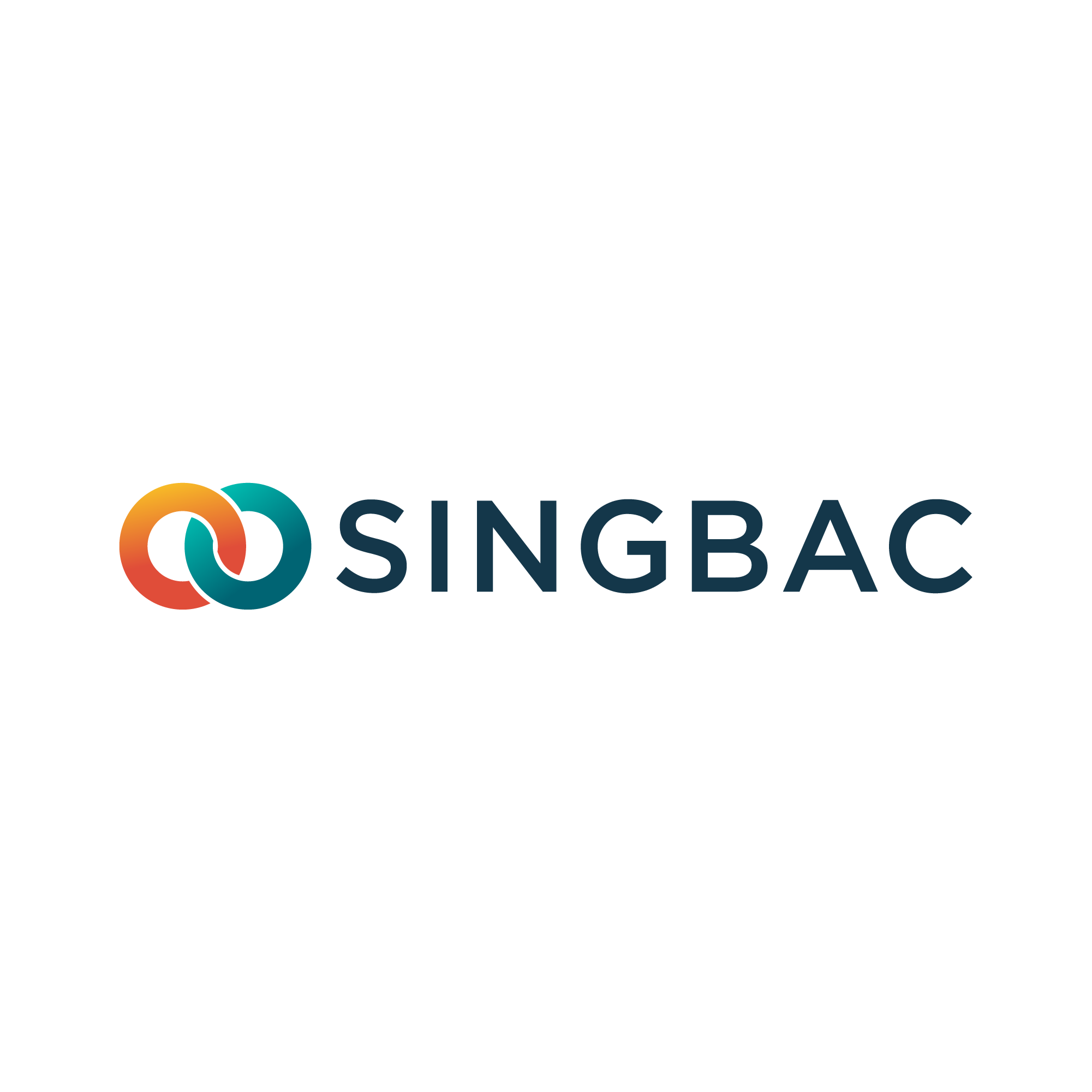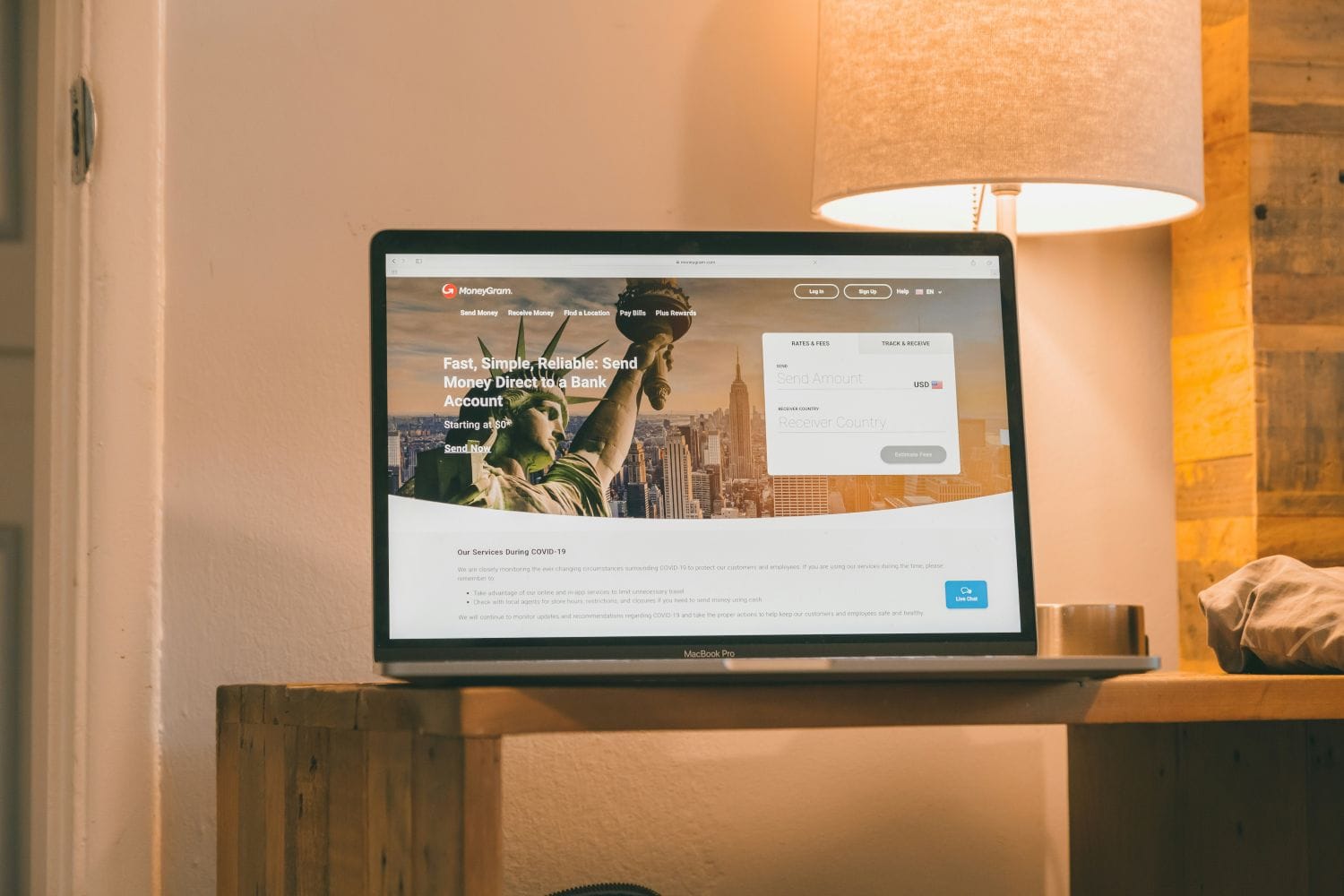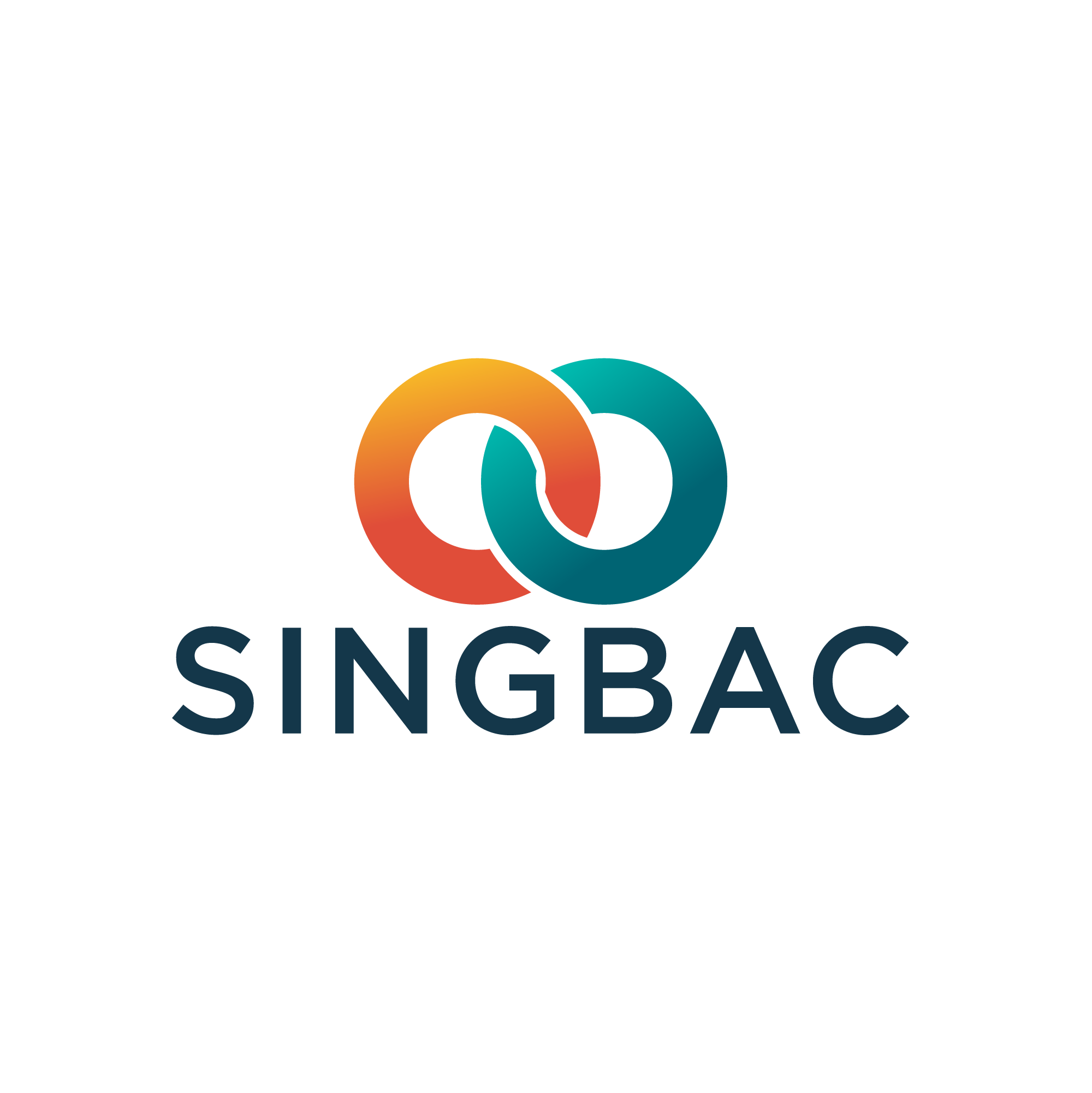Data protection isn’t optional when you’re running a digital platform business in Singapore. If you’re serving consumers, companies or both, collecting user information comes with legal obligations under the Personal Data Protection Act (PDPA) in Singapore.
The PDPA applies to any business collecting personal data from Singapore residents, even if you operate from overseas. Non-compliance can result in significant fines and regulatory action.
What Counts as Personal Data for Platform Businesses
The PDPA defines personal data as information that can identify a person, either directly or when combined with other data you have access to.
For digital platform companies, this typically includes:
- Names and email addresses from sign-up forms
- Phone numbers for account verification
- Profile information and preferences
- Login credentials and session data
- Payment and billing information
- Communication history and support tickets
Even seemingly harmless data like IP addresses or device identifiers can fall under personal data if they help identify users.
5 Rules Every Digital Platform Business Must Follow
1. Get Clear Consent
You can’t just collect data because it’s useful. Users need to understand what you’re collecting and why, then give you permission.
This means your sign-up process should clearly explain:
- What information you’re collecting
- How you’ll use it (account management, customer support, product updates)
- Whether you’ll share it with anyone else
- How users can withdraw their consent later
Generic privacy policies buried in fine print won’t work. The consent needs to be specific to each purpose.
2. Use Data Only for What They Agreed To
If someone signs up for your platform to access your service, you can’t automatically add them to your marketing newsletter. Each use needs its own permission. This affects how you design your user onboarding and communication preferences.
3. Keep Data Secure
You need reasonable security measures to protect the personal data you collect.
This covers technical measures (encryption, access controls, secure hosting) and organizational ones (staff training, data handling procedures, incident response plans).
For platform businesses, this often means:
- Secure user authentication systems
- Encrypted data storage and transmission
- Regular security audits
- Clear procedures for handling data breaches
4. Handle User Requests
People have the right to see what data you have about them, correct mistakes, or ask you to delete their information. You need systems and processes to handle these requests promptly.
Singapore’s regulations require you to respond within three business days for most requests. If you need longer than 30 days, you must let users know why.
When someone asks to withdraw their consent or delete their account, you need to process this fairly quickly.
Be upfront about what this means, for example, if they withdraw consent, they might lose access to certain features. Give them this information before finalizing the withdrawal so they can make an informed choice.
5. Transfer Data Carefully
If your platform uses cloud services or transfers data outside Singapore, you need to ensure similar protection standards apply wherever the data goes. This usually means contractual agreements with your service providers.
Cookies and Tracking
Most platforms use cookies for analytics, personalization, and advertising.
Under the PDPA, you need to be transparent about this. Cookies are small files stored on users’ devices that track their activity.
Here’s what you should cover in your privacy policy:
What cookies do on your platform
Are you using them for smooth user experience? Analytics? Showing relevant ads?
Be specific about each purpose.
Third-party cookies
If you’re using Google Analytics, Facebook Pixel, or similar tools, these third parties also place cookies. You don’t control them, but you need to tell users about them. Link to these services’ privacy policies so users can understand how their data is being used.
User control
Let users know they can disable cookies in their browser settings, but also explain what happens if they do. Some features might not work properly without cookies.
Most websites use cookies, but not everyone explains them clearly.

Data Retention
One practical question many digital platform businesses struggle with: how long should you keep user data?
The PDPA says you should only keep data as long as it serves the original purpose or meets legal requirements. Once it’s no longer needed, delete it or remove anything that identifies the person.
For membership platforms, think through scenarios like:
- Active member accounts (keep data while they’re using your service)
- Cancelled memberships (how long before you delete their information?)
- Support ticket history (how long is reasonable for record-keeping?)
- Payment records (financial regulations might require you to keep these longer)
Write clear retention periods into your privacy policy. Something like “We keep your account data while your membership is active and for 90 days after cancellation” gives users concrete information.
This is good data hygiene and compliance. Less stored data means less risk if there’s ever a breach.
Keeping Data Accurate
Your platform relies on accurate user information, especially if you’re running membership programs or personalized services.
The PDPA requires you to make reasonable efforts to ensure data accuracy.
For platform businesses, this means:
- Giving users easy ways to update their profiles
- Verifying email addresses and phone numbers
- Letting users review their information before making important decisions
- Correcting errors promptly when users report them
Build profile management features that make it simple for users to keep their information current. If someone changes their email or phone number, they shouldn’t have to jump through hoops to update it.

Practical Steps for Platform Companies
Appoint a Data Protection Officer
You need a Data Protection Officer whose job includes overseeing compliance. This doesn’t have to be a full-time role.
It can be someone from your founding team, your tech lead, or another team member who understands your data practices. Their contact details must be publicly available so users and regulators can reach them.
Design Privacy into Your Platform
Think about data protection from the start, not as an add-on. This means building user controls into your interface, designing minimal data collection practices, and creating systems that can handle user requests efficiently.
Create Proper Documentation
You need privacy policies that actually explain your practices in plain language. You also need terms and conditions for user accounts and login systems. These are legal documents to communicate with users about data handling.
Getting Your Documentation Right
Our experience working with digital platform businesses serving the Singapore market has shown that getting the right documentation in place makes all the difference.
These companies typically need three core documents:
- Data Protection Policies based on Singapore PDPA guidelines, customized to your business model and data collection practices
- Privacy Policies that clearly explain your data handling to users in language they can actually understand, including sections on cookies, retention, and user rights
- Terms and Conditions for login portals and user accounts that protect your business while respecting user rights
The goal is creating policies that work for your business operations while meeting Singapore’s requirements. When users trust how you handle their data, they’re more likely to engage with your platform.
Need help creating privacy documentation that fits your platform business?
Singbac specializes in PDPA-compliant data protection policies tailored to how tech companies operate. WhatsApp Us to discuss your requirements.
FAQs
- Do I need to comply with PDPA if my company isn’t based in Singapore?
Yes. If you’re collecting personal data from people in Singapore, even if you’re based overseas. the PDPA applies to you. This includes platforms that let Singapore users sign up, create accounts, or make purchases.
Physical presence in Singapore doesn’t matter. What matters is whether you’re collecting data from Singapore residents.
- What’s the difference between a Privacy Policy and a Data Protection Policy?
A Privacy Policy is public-facing and tells users how you handle their data in plain language. It’s what visitors read on your website.
A Data Protection Policy is internal, it’s your company’s framework for how staff should handle data, including procedures, responsibilities, and security measures. Most platform businesses need both.
- Do I need user consent to use cookies on my website?
It depends on what the cookies do. If you’re using cookies for essential website functions (like keeping users logged in), you typically don’t need explicit consent.
But if you’re using cookies for analytics, advertising, or tracking user behavior, you need to inform users and get their consent. At minimum, you should have a clear cookie policy that explains what cookies you use and why.
- How long should I keep user data after someone cancels their membership?
There’s no fixed rule, but it should be reasonable for your business needs. Many platforms keep data for 30-90 days after cancellation to handle any disputes or chargebacks.
After that, you should delete it unless you have a legal reason to keep it longer (like tax records). Whatever you decide, write it clearly in your privacy policy so users know what to expect.



